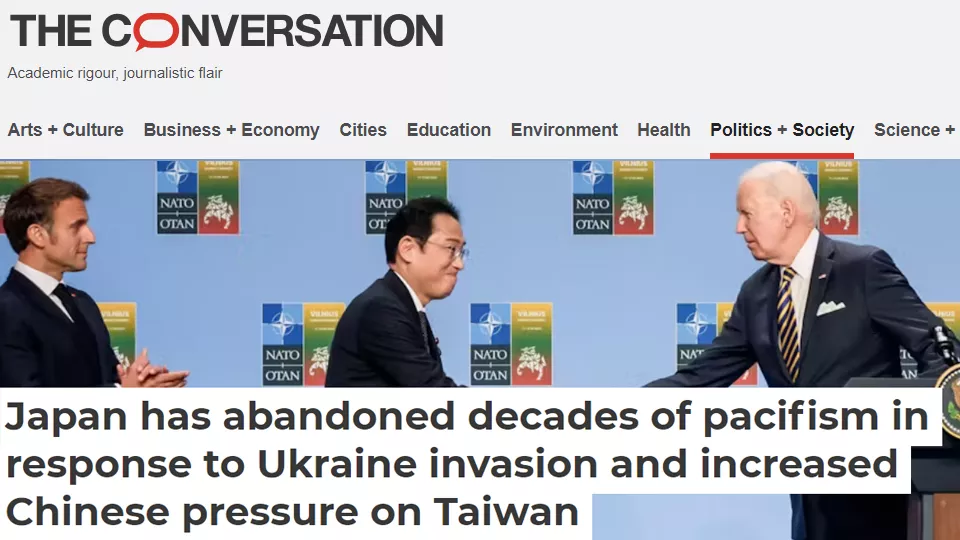The article examines Japan's new role in an increasingly precarious region. The invasion of Ukraine and China's designs on Taiwan have prompted Japan to abandon its low-profile, economy-first approach, seeking instead to shape regional and even global geopolitics. While NATO fears abandonment if Trump wins re-election, Japan's expanding security role makes indispensable to the US, which sees China as the primary long-term threat.
Still, the long-term trend would appear to be that the US is pulling back and expecting its allies to do more. Meanwhile the instability of US politics in an election year means that nothing can be taken for granted.
As the US recedes, can Japan fill the gap? Or will its ambitions exceed its capabilities? Already, plans to further develop its military are hampered by a shrinking economy and a shrinking population. While China faces similar issues, its economy is over four times bigger than that of Japan’s, and its population is ten times the size.
Thus, the only realistic way for Japan to balance China, manage North Korea, and maintain its regional position, is for the US to stay engaged. And even that might not be enough to prevent China from invading Taiwan. The future of the region, and of the global economy, hangs in the balance.


